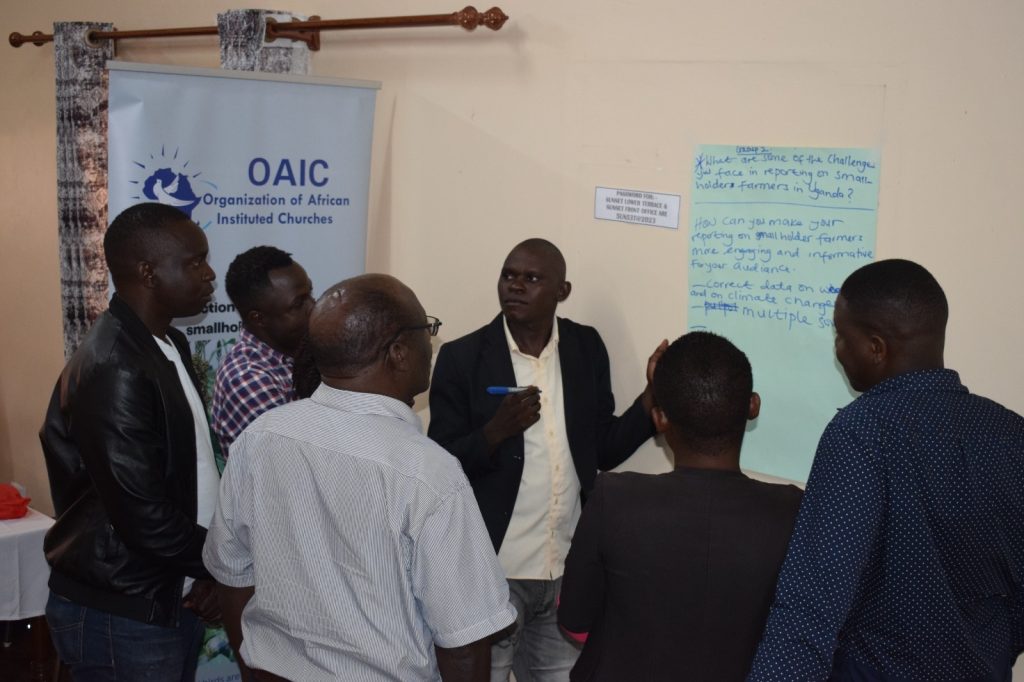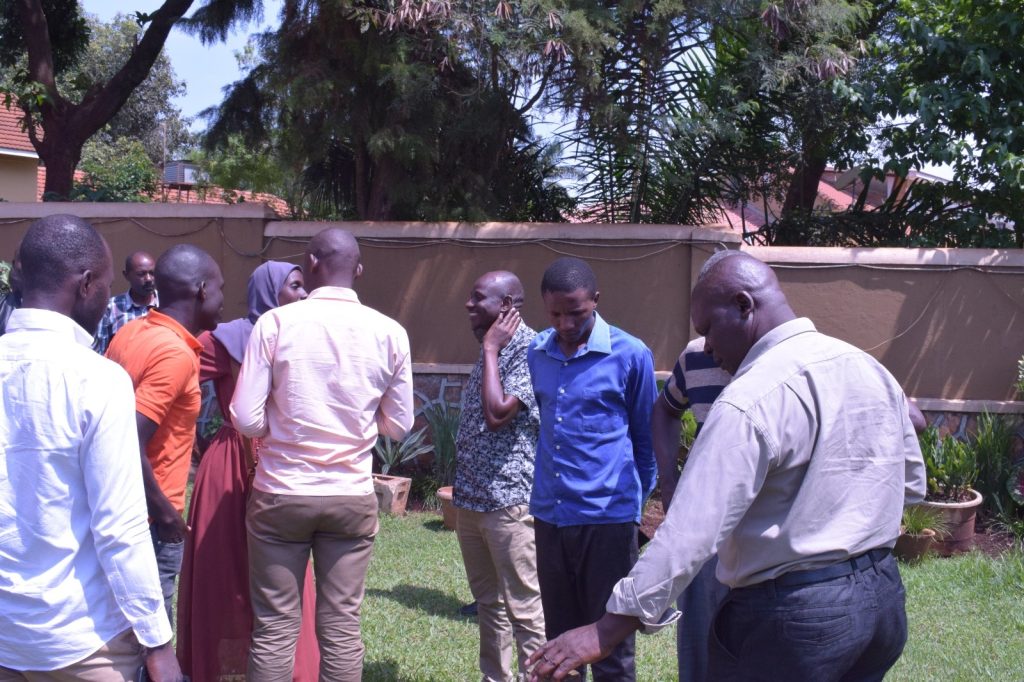

Fostering Community Dialogue on Climate Change
Climate Cafes are community-organized spaces for open and honest conversations about the climate crisis. These cafes are designed to address the emotional, psychological, and social dimensions of climate change, creating a safe and welcoming environment for exploring fears, anxieties, and hopes related to this complex issue.
A Climate cafe is a public discourse on the weather, climate and climate services especially climate forecasting services from end user interaction. It brings together various stakeholders in climate related sectors including scientists, media, climate impacted sector experts, academia, farmers, fishermen, livestock keepers for vital exchange of information. The use of climate information as an early warning and decision making tool is discussed from various perspectives with a view to generating feedback for better climate services delivery. Having organized the national café in Kenya, the Network of Climate Journalists in the Greater Horn of Africa (NECJOGHA) moved the climate discussions to the sub national level for stakeholder engagement. In this connection, NECJOGHA organized the sub national climate café in Naivasha, Kenya targeting participants from Naivasha, Narok and Nakur
Here are some key features of Climate Cafes:
Focus on Dialogue and Exploration:
- Climate Cafes prioritize discussion and sharing of experiences over formal presentations or lectures.
- The goal is to create a space where diverse perspectives can be heard and respected.
- Participants are encouraged to express their anxieties, fears, and hopes about climate change in a supportive environment.
Open and Inclusive Atmosphere:
- Climate Cafes are open to anyone interested in learning more about the climate crisis and engaging in meaningful conversations.
- No prior knowledge or expertise is necessary.
- The cafes aim to cultivate a sense of belonging and community around shared concerns for the future.
Emphasis on Feelings and Emotions:
- Climate Cafes recognize that climate change can be a deeply emotional issue.
- They provide a safe space for people to express their feelings and connect with others who share their concerns.
- This can be particularly helpful for individuals struggling with eco-anxiety or climate grief.
Beyond Talk to Action:
- While dialogue and exploration are central to Climate Cafes, they often lead to concrete action steps.
- Cafes may provide information about local climate initiatives, volunteer opportunities, and ways to get involved in climate solutions.
- The goal is to empower participants to take action and contribute to positive change.
Read the formative research carried out by BBC Media Action
Climate and weather information needs of climate audiences
The Weather Wise Soundcloud site includes radio features produced with the support of the project.
Tanzania holds successful climate cafe – July 2019
Farmers advised to plant at onset of rains – July 2019
Parts of River Rwizi have sunk by 3 metres – NEMA – July 2019
Tanzania climate café report – July 2019
Weather Wise – improving forecast reports for local Kenyans – August 2019
Whatever the weather: Radio helps people adapt to climate change – September 2019
Radio features on Gulf Radio (Kenya) and Radio Kwizera (Tanzania) – September 2019
Report of the sub national climate café – 25 Sept 2019, Kisumu – September 2019
Report of the Naivasha sub national climate café – 24 Oct 2019, Naivasha – October 2019
Report of the Kenya national climate café – 1 Oct 2019, Nairobi, Kenya – October 2019
Report of the sub national climate café – 23 Oct 2019, Mwanza, Tanzania – October 2019
Report of the sub national climate café – 18 Nov 2019, Soroti, Uganda – November 2019
Rose Lusweti case study video – November 2019
How radio helps East African farmers and fishermen adapt to changing weather – video – November 2019
Report of the national climate café, Kampala, Uganda – December 2019
Connecting scientists and journalists to create engaging vital weather information – January 2020
How we help broadcasters in East Africa create engaging vital weather information – May 2020
How radio helps East African farmers and fishermen adapt to changing weather – May 2020
Kabaale Girba video – May 2020
Albert Mwadime video – May 2020
Peter Kapelo video – May 2020
Kenya flooding: why trusted media is essential in a changing climate – June 2020
Participants laud first ever NECJOGHA virtual climate café – August 2020
NECJOGHA organizes first international Virtual climate café – August 2020
E Co. Lunch breaks: BBC Media Action – Building climate resilience through local communication – October 2020
A sustainable approach to weather and climate communication in challenging times – October 2020
Weather Wise Project Infographic – Impacts – July 2021
Weather Wiser Project Summary – December 2021




